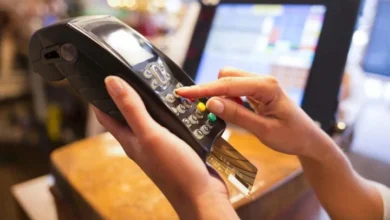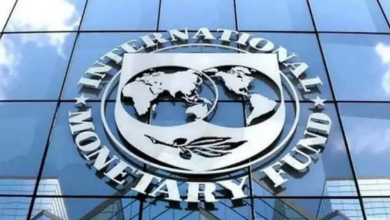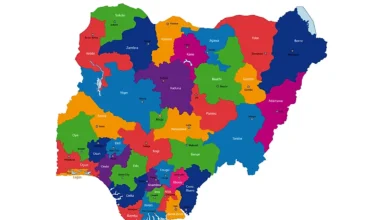
Nigeria’s inflation rate increased to 34.60% in November 2024, up from 33.88% in the previous month, according to the National Bureau of Statistics (NBS).
The Statistician-General, Prince Adeyemi Adeniran, noted that the current rate is 6.40 percentage points higher than the 28.20% recorded in November 2023.
Food and Non-Alcoholic Beverages emerged as the primary driver of inflation, contributing 17.92% to the overall increase. Other significant contributors included Housing, Water, Electricity, Gas, and Other Fuels at 5.79%, and Clothing and Footwear at 2.65%.
On a month-on-month basis, the inflation rate slightly decelerated to 2.638% from 2.640% in October 2024.
The International Monetary Fund (IMF) has projected Nigeria’s inflation rate to decline to 23% in 2025 and further to 18% by 2026, according to Daniel Leigh from the IMF Research Department.
The persistent high inflation continues to put significant economic pressure on Nigerian households and businesses, with rising prices affecting multiple sectors of the economy.



